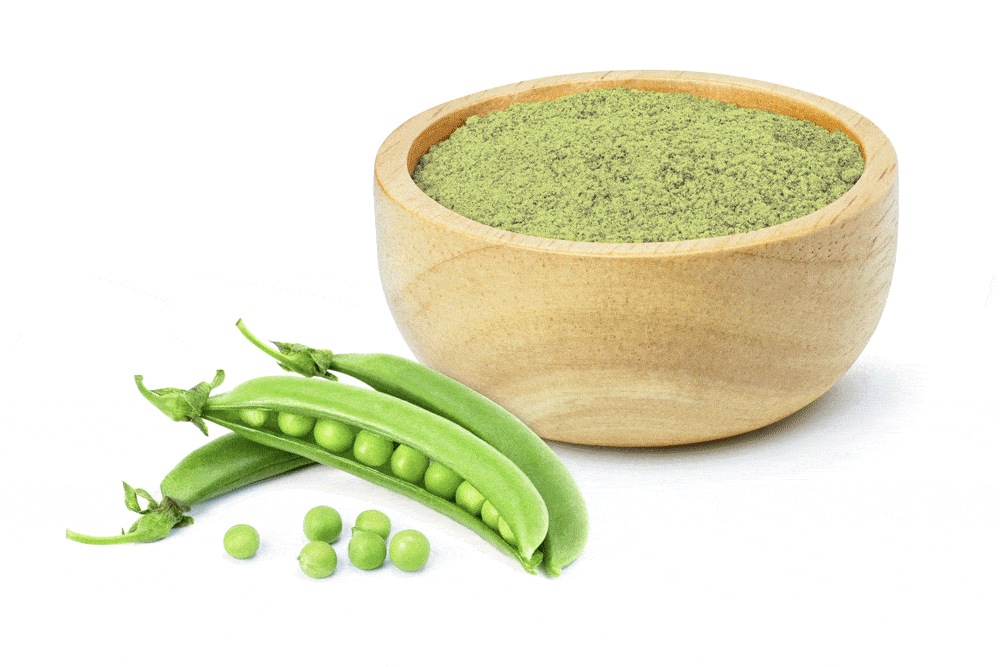Not all calories are equal when it comes to appetite and satiety. Protein stands out as the most filling macronutrient, as many studies show that diets high in protein help control hunger and support weight loss. Here’s why:
- Protein curbs appetite: Protein-rich meals can suppress cravings by promoting the release of satiety hormones like CCK (cholecystokinin).
- Thermic effect: Digesting protein burns more calories than carbs or fats, giving your metabolism a slight boost.
But does plant protein stack up to animal protein when it comes to keeping you full? Let’s dive in.
Which Protein Sources Are Most Satiating?
Research suggests both animal and plant proteins can be effective at controlling hunger. A study published in the Nutrition Journal compared the effects of 20 grams of different proteins, including whey (animal-based) and pea protein (plant-based). Surprisingly, pea protein performed just as well as whey in reducing appetite.
Whole food comparisons are less studied, but plant-based protein sources, such as beans and lentils, come with a bonus: fiber.
Fiber and resistant starch in plant proteins (like legumes) boost satiety by:
- Slowing digestion
- Providing bulk
- Feeding gut bacteria that produce short-chain fatty acids, which promote gut and metabolic health
Animal protein lacks fiber, but plant proteins often combine protein and fiber in one package, making them doubly filling.
The Benefits of Plant-Based Protein
Plant-based proteins like soy, beans, lentils, nuts, and whole grains also deliver phytochemicals—natural compounds linked to lower risks of heart disease and stroke.
Studies even suggest that diets rich in plant-based foods can extend lifespan. For instance, Seventh-day Adventists, who typically follow plant-heavy diets, live 4–7 years longer on average than other Californians. While lifestyle factors also play a role, plant-based eating is a key contributor.
Challenges of Plant Protein vs. Animal Protein
Plant proteins are nutritionally diverse but have some downsides for muscle building:
- Incomplete proteins: Most plant proteins lack one or more essential amino acids, but you can pair foods like legumes and grains to create a complete amino acid profile.
- Lower leucine content: Leucine, a key amino acid for muscle growth, is slightly higher in animal proteins. To compensate, you may need to eat larger portions of plant protein.
Fortunately, soy is a plant-based complete protein, and supplements like pea or hemp protein can help fill the gap if needed.
The Bottom Line
Protein is your best ally for staying full and controlling hunger, whether it comes from plants or animals. Plant proteins have added benefits like fiber and phytochemicals, which contribute to overall health.
For a balanced diet, try incorporating more plant-based proteins:
- Whole foods: Lentils, beans, quinoa, and nuts
- Plant-based powders: Pea, hemp, or rice protein
You don’t have to give up meat or dairy to enjoy the benefits of plant protein. Experiment with these nutrient-packed options and enjoy the variety.
References:
Nutrition Journal 2011, 10:139 doi:10.1186/1475-2891-10-139.
Nutr Metab Cardiovasc Dis. 2011 Sep;21 Suppl 2:B16-31. doi: 10.1016/j.numecd.2010.12.008. Epub 2011 May 11.
J Clin Endocrinol Metab. 2006 Apr; 91(4):1477-83.
Adv Nutr November 2010 Adv Nutr vol. 1: 17-30, 2010.
Today’s Dietitian. Vol. 15 No. 9 P. 70. September 2013.
Live Science. “Want to Live Longer? Eat a Plant-Based Diet” June 3, 2013.
Science Daily. “Eating more dietary pulses can increase fullness, may help manage weight” August, 2014.
Related Articles By Cathe:
Beyond Beans: Unveiling the Unexpected Power of Plant Protein
Is Plant Protein as Satiating as Animal Protein?
New Study Suggests More Protein is Better for Building Muscle
Beyond Meat and Dairy: The Best Non-Meat Sources of Protein
Branched-Chain Amino Acid Supplements: Why You Don’t Need Them
2 Factors That Determine the Quality of a Protein
Is Animal Protein More Effective Than Plant Protein for Building Muscle?
Is Oatmeal the Ideal Post-Workout Recovery Snack?
Quick Tip: A meta-analysis found that eating just half a cup of beans or peas daily can increase feelings of fullness by 30%!


